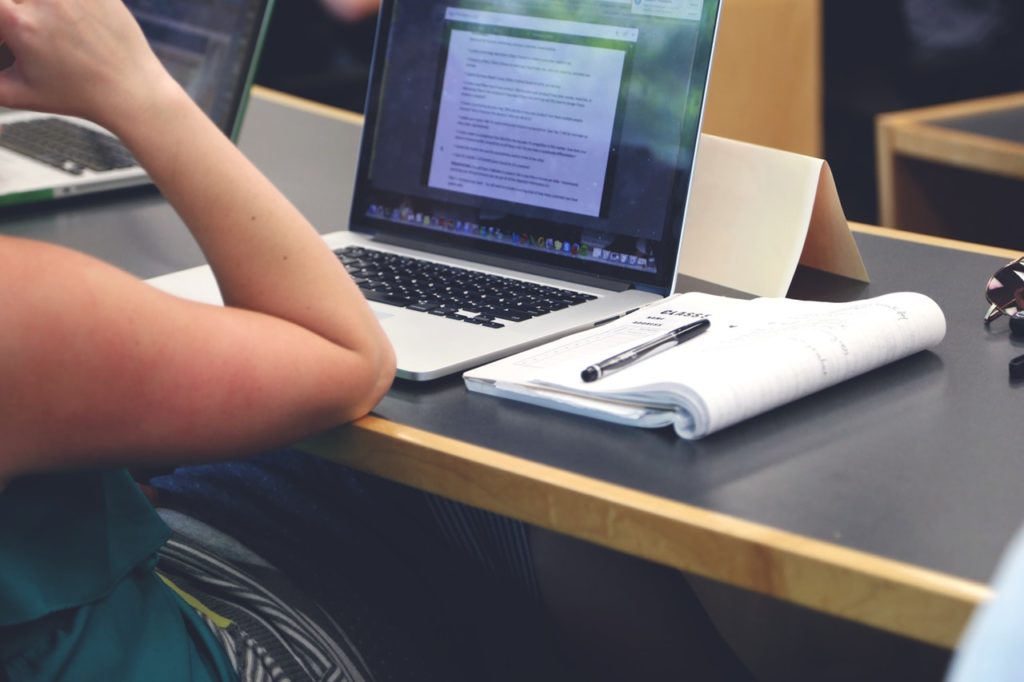Burnout happens when stressful stimuli outpace your chances to recover. It often occurs at work—you’ve just cleared your backlog, but new tasks pile up and stress you out again. Now that we’re in the middle of a pandemic, burnout can also happen at home as we juggle remote work with the daily stress of home life.
The impact of decision fatigue
Whether it’s about the pandemic itself, restructuring at work, new homeschooling schedules for your kids, or changes in grocery trip routines, we’re bombarded with too much information. Within an hour, our top concerns can swing from beating a project deadline to whether to disinfect grocery items. We’re forced to quickly grapple with difficult decisions in a context we’ve never experienced before.
Once your sanctuary, your home now triples as an office, school or gym, and isolation facility. This setting, combined with many decisions you have to make every day, makes it harder for you to recover from stress. Even unwinding can be stressful if it’s done just because you want to hop on a social media trend.
The stress of coping
Experiencing mental exhaustion and anxiety amid a global health crisis is expected. The problem, however, is that many of our usual coping mechanisms are gone. The spas and gyms are closed, and dining out isn’t safe yet. Live sporting events like the NBA will return but with no fans in the venue.
Those tweets urging people to start or finish a passion project can also be sources of stress for some. Some people worry they’re not using every extra hour they free up to be more productive. That expectation of being productive or hopping on the latest social media trend can pile onto your daily stress.
Managing elevated stress amid a crisis

If you’re feeling burned out lately, it’s a rational response. Your body is doing what it needs to do to keep you alive—to help you survive amidst the many threats to your physical, emotional, and mental health. To address or even avoid pandemic burnout, here are a few ways to recover your energy even if external stressors remain:
-
Rely on hobbies you already have
Don’t be pressured to learn something new. Instead, rely on hobbies you already have—whether it’s going on solitary walks, bingeing old shows on Netflix, or attending online yoga studio classes. It’s easy to take the stress off if you already know that after an activity, you will feel relaxed, rejuvenated, and happy.
-
Have some self-compassion
With too many changes in life these days, mistakes are inevitable. This is not the time to be a perfectionist or an overachiever; let your inner critic take a few days or months off. Keep in mind that being hard on yourself is another source of stress—you don’t need that to pile onto your daily stress.
-
Take a break from social media
The urge to browse our social media feeds for hours is normal. After all, our brains are desperate to make sense of what’s happening in the world. But that overstimulation can only add to your existing stressors. Create a routine; stop checking news at 6 PM every day and spend the rest of the night doing a hobby.
Pandemic burnout is real. But it will not last forever. We just have to focus on surviving, thinking of the big picture, going easy on ourselves, and recovering our energy each day mindfully.
